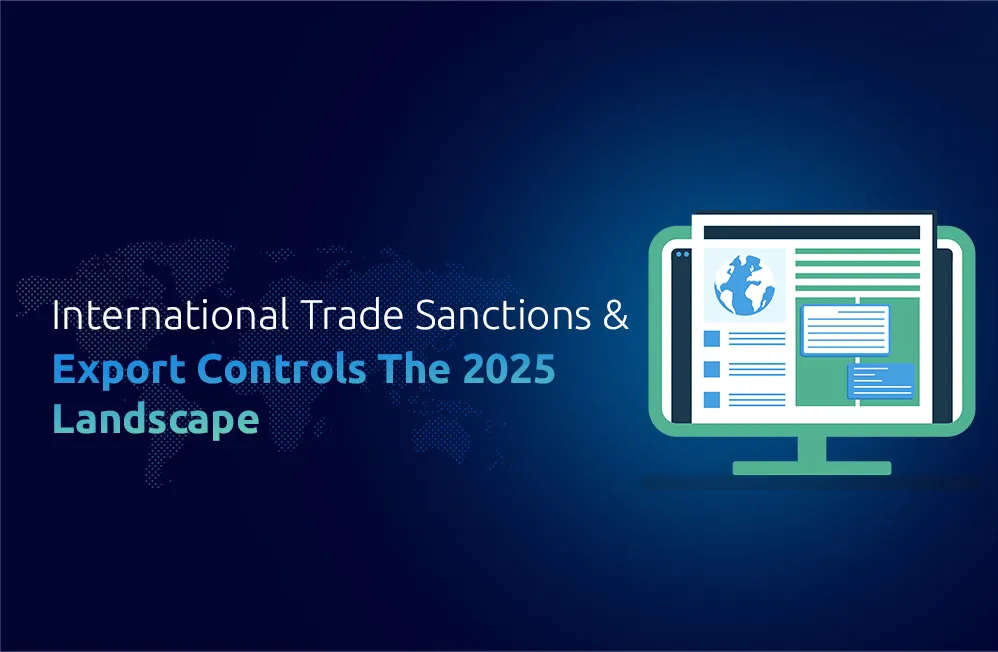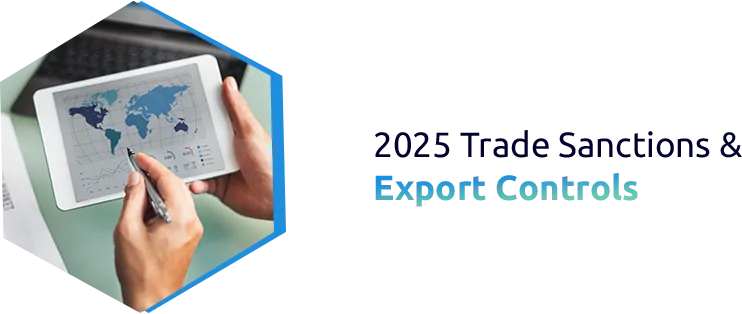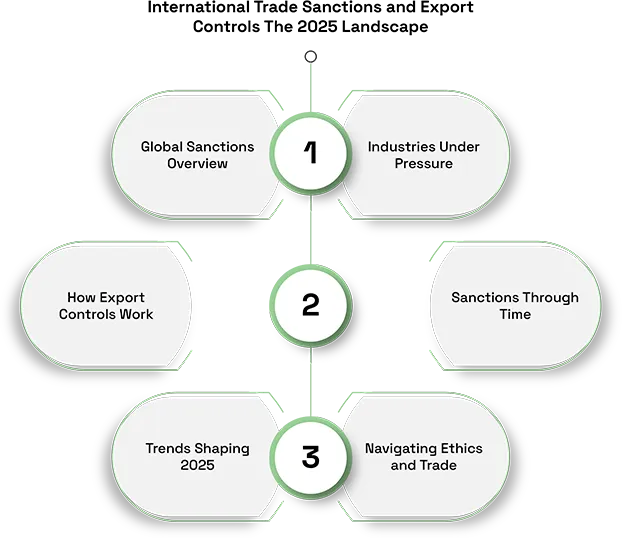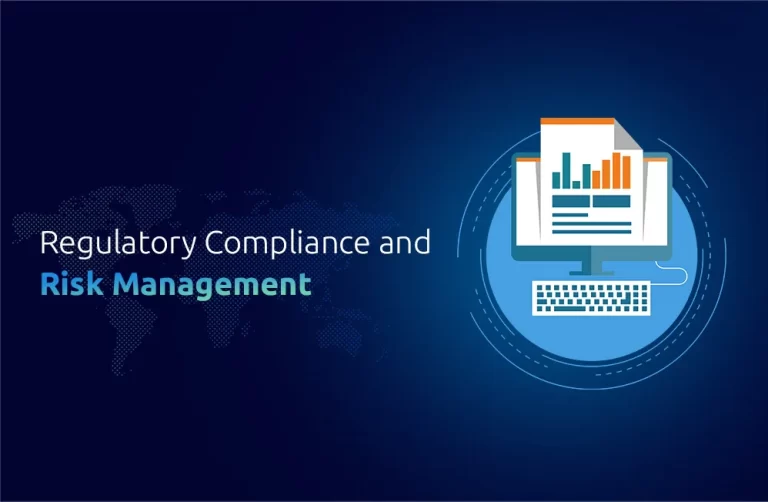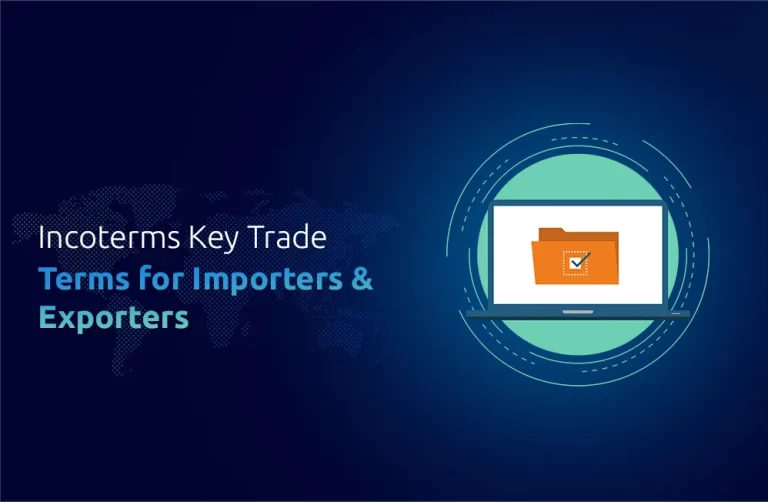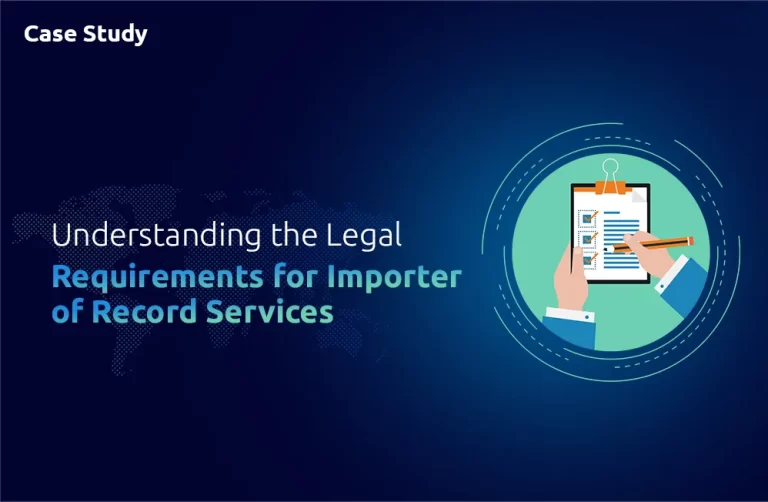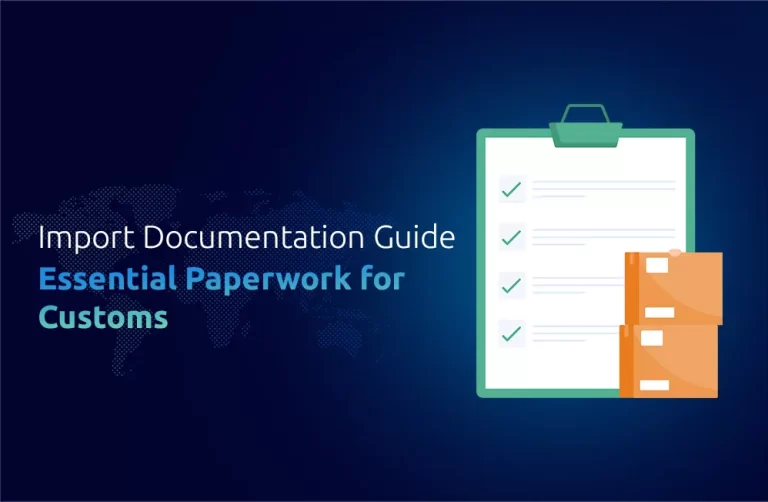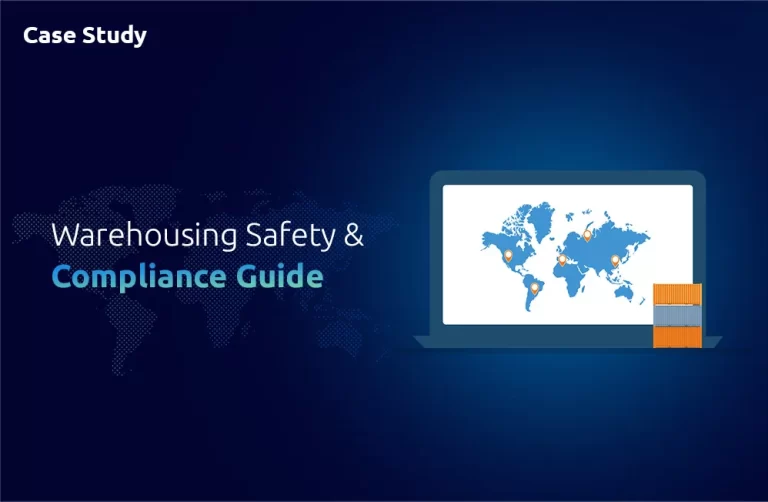Insight
Global commerce receives its shape through international trade sanctions together with export controls. International market developments have made these regulatory requirements more intricate because of technological progress alongside political shifts. The survival of businesses in aviation, automobile, IT/data centers, and medical equipment relies on full compliance with mandatory regulations. The approach examines trade sanctions and export control systems of 2025 and provides companies with methods for thriving in this progressively regulated business environment.
The Current State of International Trade Sanctions
One or more countries will operate trade sanctions against a different nation to meet foreign policy aims or defense security requirements. Countries use several measures of deterrence when implementing sanctions, including economic controls, blocked bank assets, and restricted across-border trading rules. The geopolitical tensions and global conflicts will drive governments toward advanced trade sanction approaches, which will become more precise in 2025.
World governments particularly within the European Union, the United States, and the Chinese territories, now apply trade sanctions through targeted methods focusing on vital industries and precise companies instead of generalized approaches. Trade sanctions now address threats beyond national security, including human rights violations, environmental policies, and cybercrime.
Export Controls: A Growing Area of Focus
National security, foreign policy integration, and economic stability form the basis for government limitations on sending particular goods and technological developments outside the country. The government implements these controls to stop sensitive technological components from possessing undesired entities, including weapons of mass destruction, military equipment, and advanced encryption applications.
International trade continues to develop, so export controls have become more intricate. The upcoming 2025 timeline will showcase increased efforts to clamp down on business assets that serve military and civilian applications & modern defense technologies. Advances in science include artificial intelligence, cyber technologies, and quantum computing.
Navigating Compliance with Sanctions and Export Controls
Sanctions and export controls will continue to reshape in 2025; thus, business operations require well-developed compliance programs by every organization. Companies must follow evolving regulations by conducting continuous research, evaluating potential risks, and creating policies that maintain compliance standards. Companies must update their records for sanctioned countries and entities and sanctioned individuals while mastering export control specification details to comply.
Companies struggle with numerous uncertainties regarding which specific goods and technologies meet the criteria to be classified as “sensitive” products. According to export control lists, the distinction between barred dual-use products and exportable commercial goods frequently exists in a hazy area. Organizations must create internal methods for correct product categorization and measures to block shipments bound for prohibited territories or groups.
Proper documentation is a fundamental component when businesses attempt to meet compliance standards. Thorough records should be maintained for compliance since auditors and investigators may need them to conduct their assessments. Companies must maintain precise, detailed documentation for their business activities, including origin details, destination information, user data, and required export documentation.
The Role of Export Compliance in Global Trade Operations
Companies need more than legal compliance to build international expansion when pursuing export ventures. The commitment to compliance makes companies more capable of market expansion while developing robust business partnerships and minimizing operational risks. Businesses that adopt proper compliance strategies can obtain competitive market advantages while preventing expensive penalties and financial fines.
The Financial Implications of Non-Compliance
Non-compliance with trade sanctions and export controls can incur significant financial penalties. The value of the goods involved in the violation may be multiplied by fines on businesses. The U.S. government has sometimes levied more than $1 billion in fines against companies that violated export controls and sanctions. Beyond significant financial penalties, companies could face access restrictions to major global markets and supply chains. Trade sanctions often go hand in hand with business operation limits that make international transactions difficult. This can devastate businesses in industries such as aviation, automobile and IT/data centers, and medical equipment for both short-term and long-term expansion.
Conclusion
The importance of complying with trade sanctions and export controls has never been greater as the global trade landscape undergoes substantial and rapid changes. Having a cross-national overview of regulations, companies operating in aviation, automobile, IT/data centers, and medical equipment need to ensure compliance through effective compliance frameworks within and between countries to avoid the risk of penalties.
Did You Know,
According to a 2024 report by the U.S. Department of Commerce, businesses implementing comprehensive compliance programs experience up to 20% fewer regulatory violations.
FAQ’s
What are trade sanctions, & how do they impact businesses?
Trade sanctions are restrictions governments place on countries, organizations, or individuals to advance foreign policy or national security objectives. Businesses must abide by such sanctions or face legal and financial repercussions.
How can businesses ensure compliance with export controls?
Businesses can comply with export controls by remaining informed about restricted goods and destinations, implementing internal classification systems, and keeping comprehensive records for every transaction.
What risks are associated with noncompliance in global trade?
Noncompliance with trade sanctions & export controls can have serious repercussions, from fines and legal action to loss of access to global markets, harming a company’s reputation and bottom line.
How can One Union Solutions assist with export compliance?
One Union Solutions provides regulatory audits, risk analyses, and compliance strategy development services to ensure businesses comply with changing trade sanctions and export controls.
Why is having a compliance program essential?
Compliance programs provide businesses a vital tool for navigating international trade, mitigating risk from regulatory violations while assuring smooth operations.

